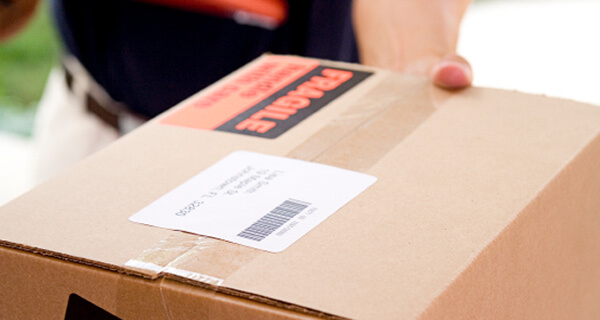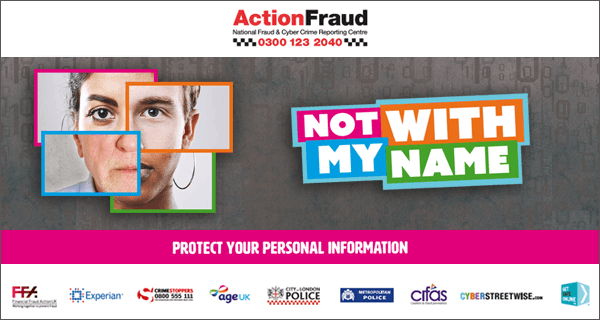The Office of Fair Trading has released a Summer Doorstep Selling campaign, empowering local residents to deal with untoward doorstep sellers and to help protect the vulnerable.

Research conducted on behalf of the Office of Fair Trading highlights the elderly as being particularly at risk of doorstep selling scams.
One in five people over the age of 70 who were interviewed admitted to not being confident in deciding whether to employ a tradesperson and a fifth of those questioned couldn’t see through pressure sales tactics such as having to pay cash in advance or having to make a quick decision to get a good deal.
Buy Wisely and Safely on your Doorstep
Many people who sell things on the doorstep are legitimate traders, but unfortunately some aren’t. Rogue traders may use illegal pressure selling tactics to make people buy and they can ignore their legal rights.
The Office of Fair Trading has developed ten top tips to help you buy safely and with confidence on your doorstep – and to help you say ‘no’ when you need to.
The OFT offers the following top 10 tips on how to deal with doorstep sellers:
1. Don’t sign on the spot
Don’t feel pressured to agree on the spot- if you are interested in what they are selling, you can ask them to come back at another time that is more convenient for you, maybe when you have someone else with you or you’ve shopped around.
2. Check the trader’s identity
Always ask for an identity card and look up the organisation to check the salesperson’s identity is genuine. Don’t use the number on their card. Check if the trader is a member of a reputable trade body, like the Direct Selling Association, whose members should ensure their salespeople sell responsibly.
3. Be wary of special offers or warnings about your home
Don't get taken in by sales banter or high pressure selling techniques. Don’t be hurried into a decision even if there is a discount. The discount might be on a price that is too high in the first place.
4. Always shop around for the best price
Check with other companies offering the same product first. Make sure the price and product is right for you.
5. Read the small print
Always read documents carefully before you sign them and make sure you fully understand your rights. It’s best to ask salespeople to call back so you can do this in your own time – don’t be rushed into signing before you feel ready.
6. Double check the facts
Make sure you fully understand the total costs of the transaction – including estimates, delivery and installation and the arrangements for after-sales servicing, such as the guarantees or warranties. Only agree to make a purchase once you’re entirely satisfied that the transaction is acceptable.
7. Talk to someone you trust for a second opinion
Take the time to talk to someone you trust – for example your family, a friend or carer – before you sign anything.
8. Don’t hand over a cash deposit
Avoid handing over money before work is started. A reliable trader will never ask you to do this (even if they need materials). Never agree to go with a trader to the bank to take money out.
9. Think very carefully before you agree to a trader starting any work straight away
If you agree to have any work done or goods delivered within the seven day cooling-off period, you may have to pay if you later change your mind and cancel the contract.
10. Trust your instincts
If it sounds too good to be true, it probably is!
And finally ... it’s OK to say no
Remember it’s your doorstep and your decision. If you feel pressured for any reason ask the person to leave.
If in doubt, visit the Advice Guide website or call the Citizens Advice consumer helpline on 0845 04 05 06.
Related Links
Doorstep fraud? Advice Guide Office of Fair Trading
Download the campaign materials below
| Attachment | Size |
|---|---|
| OFT's Quick Guide - Doorstep Selling.pdf | 444.34 KB |
| OFT's Doorstep - toptips.pdf | 990.49 KB |



